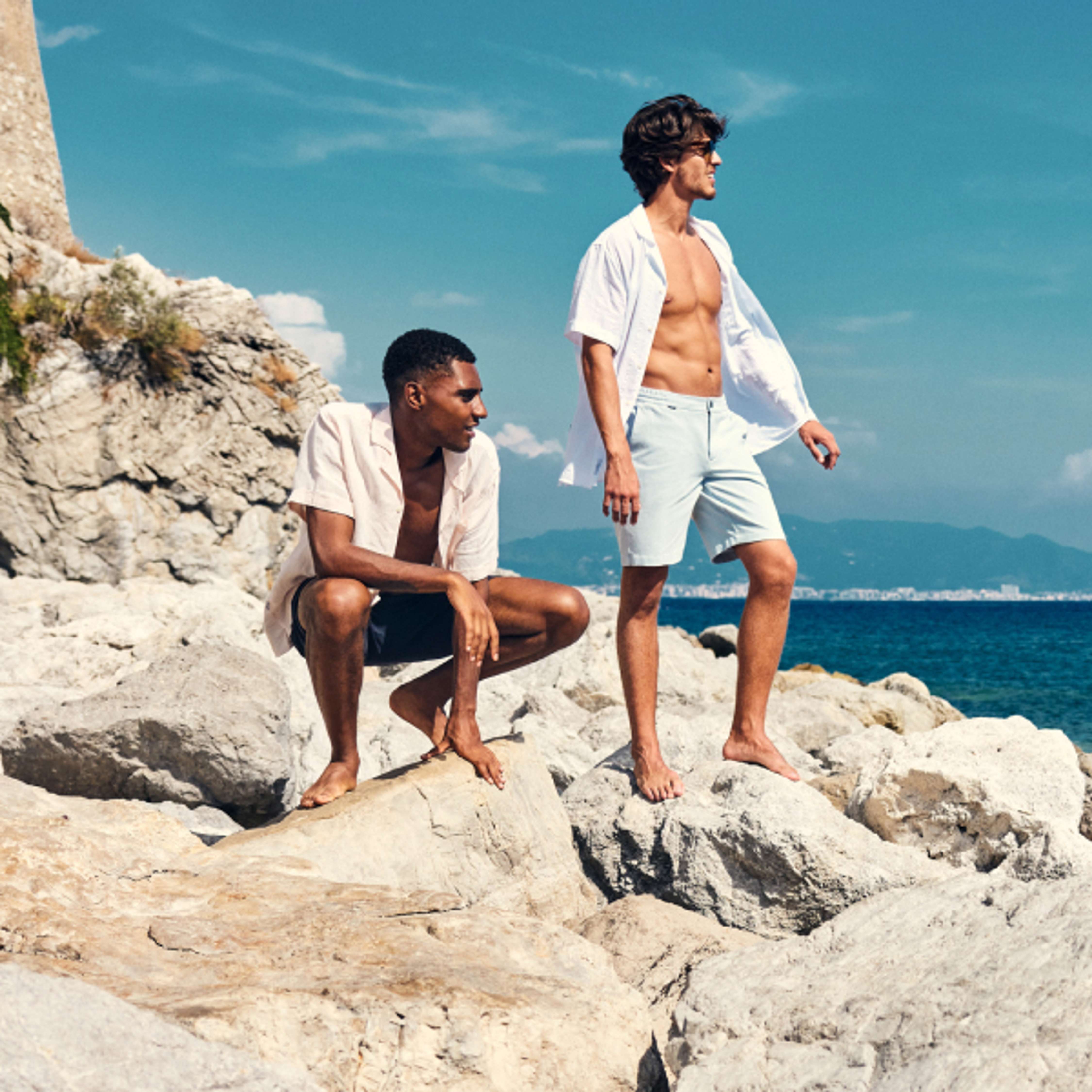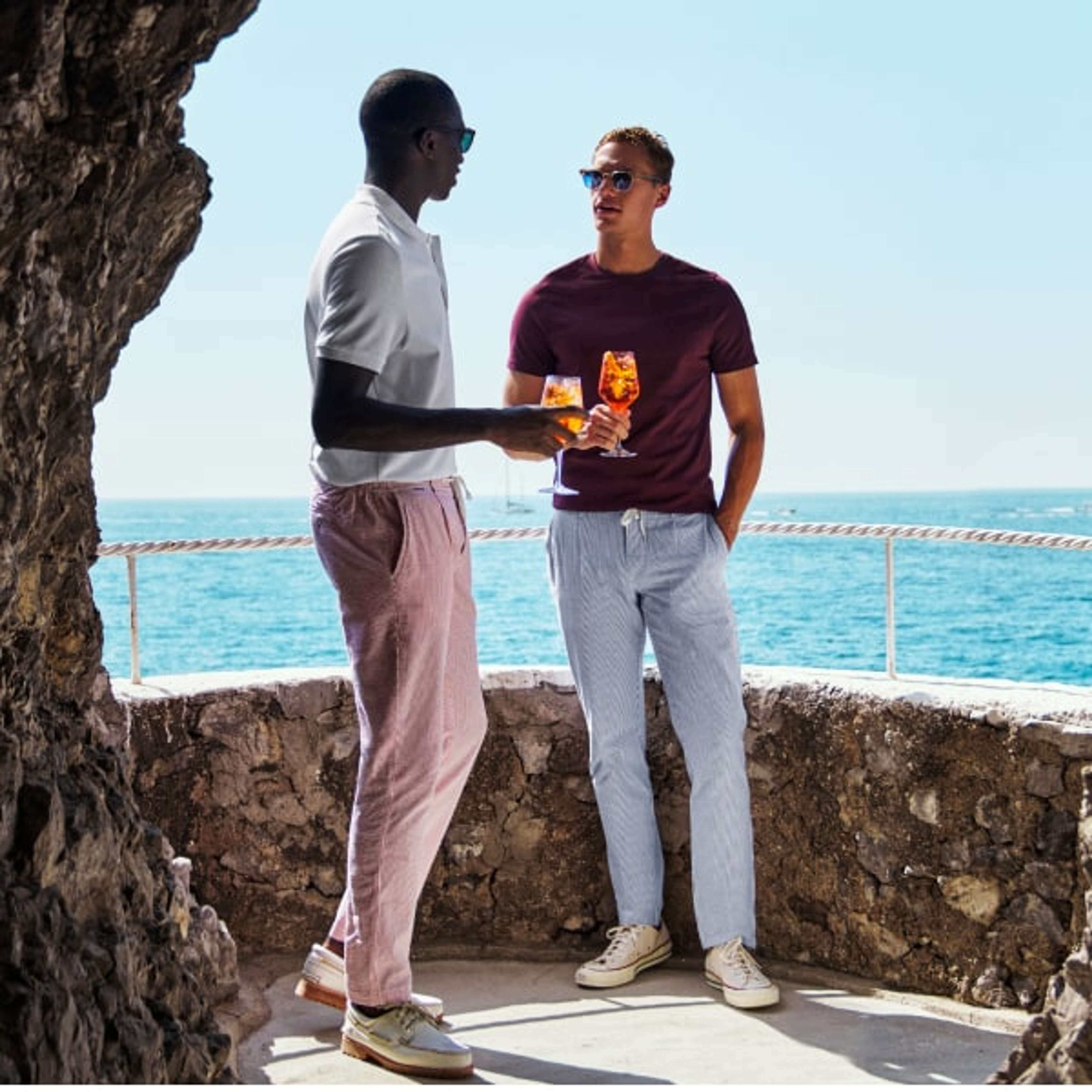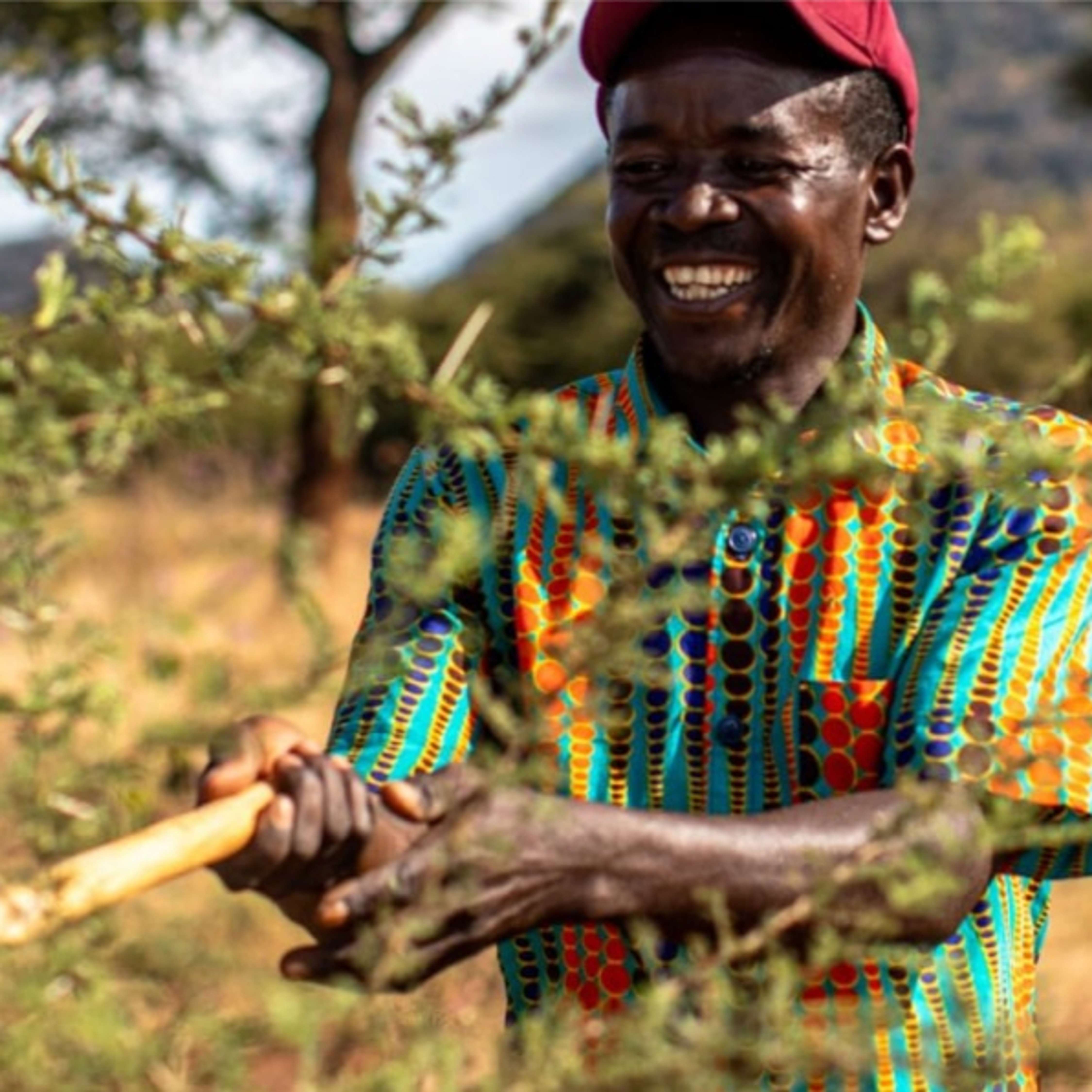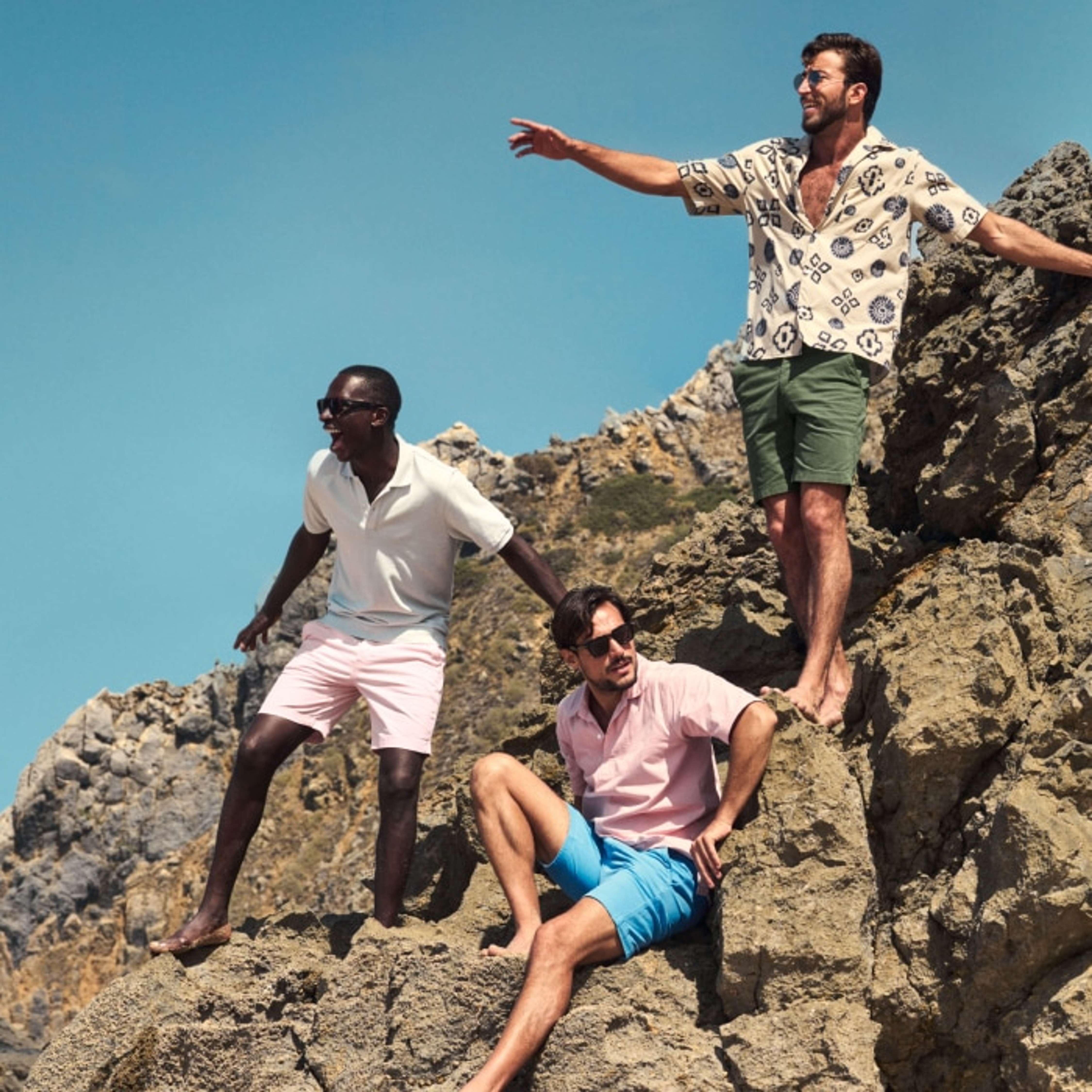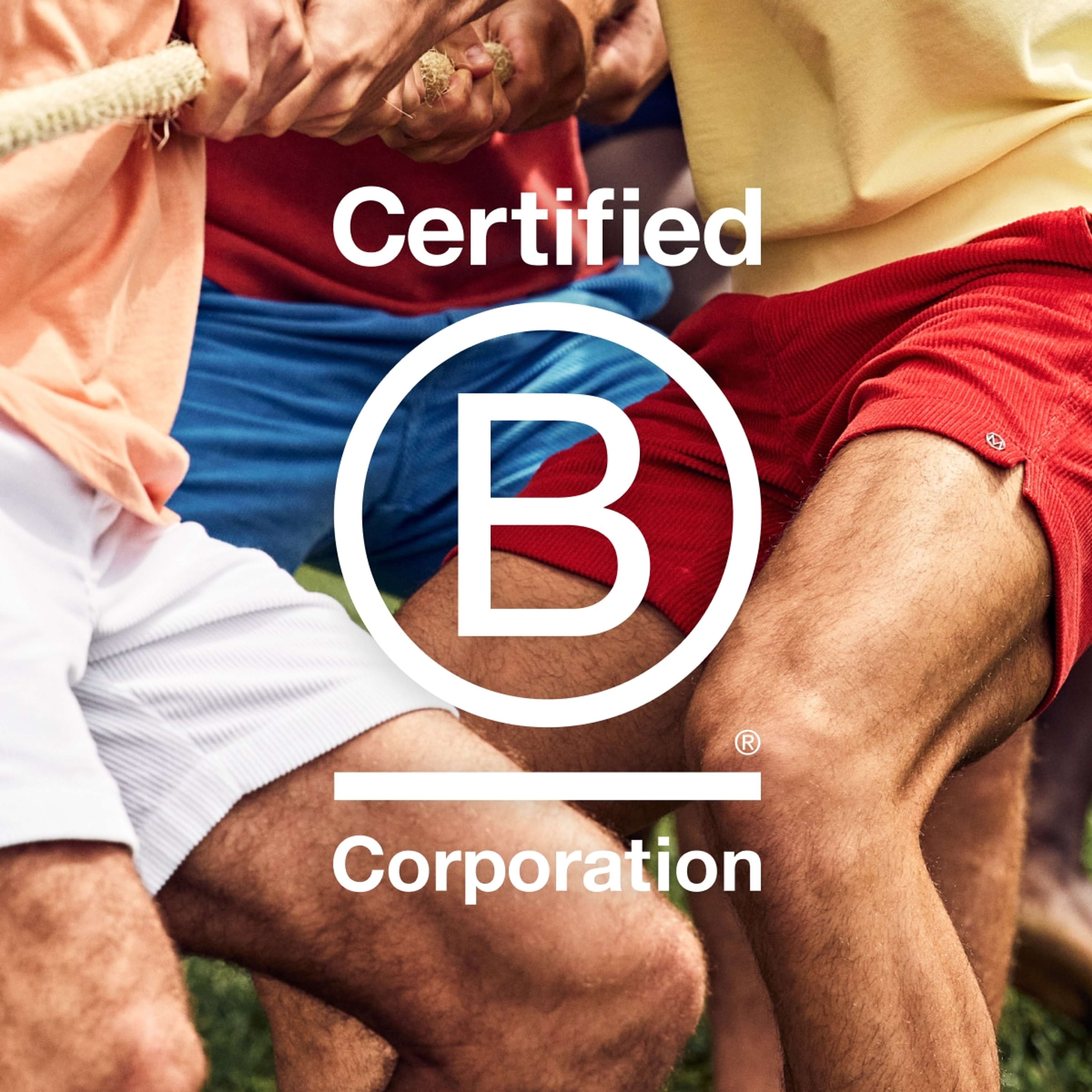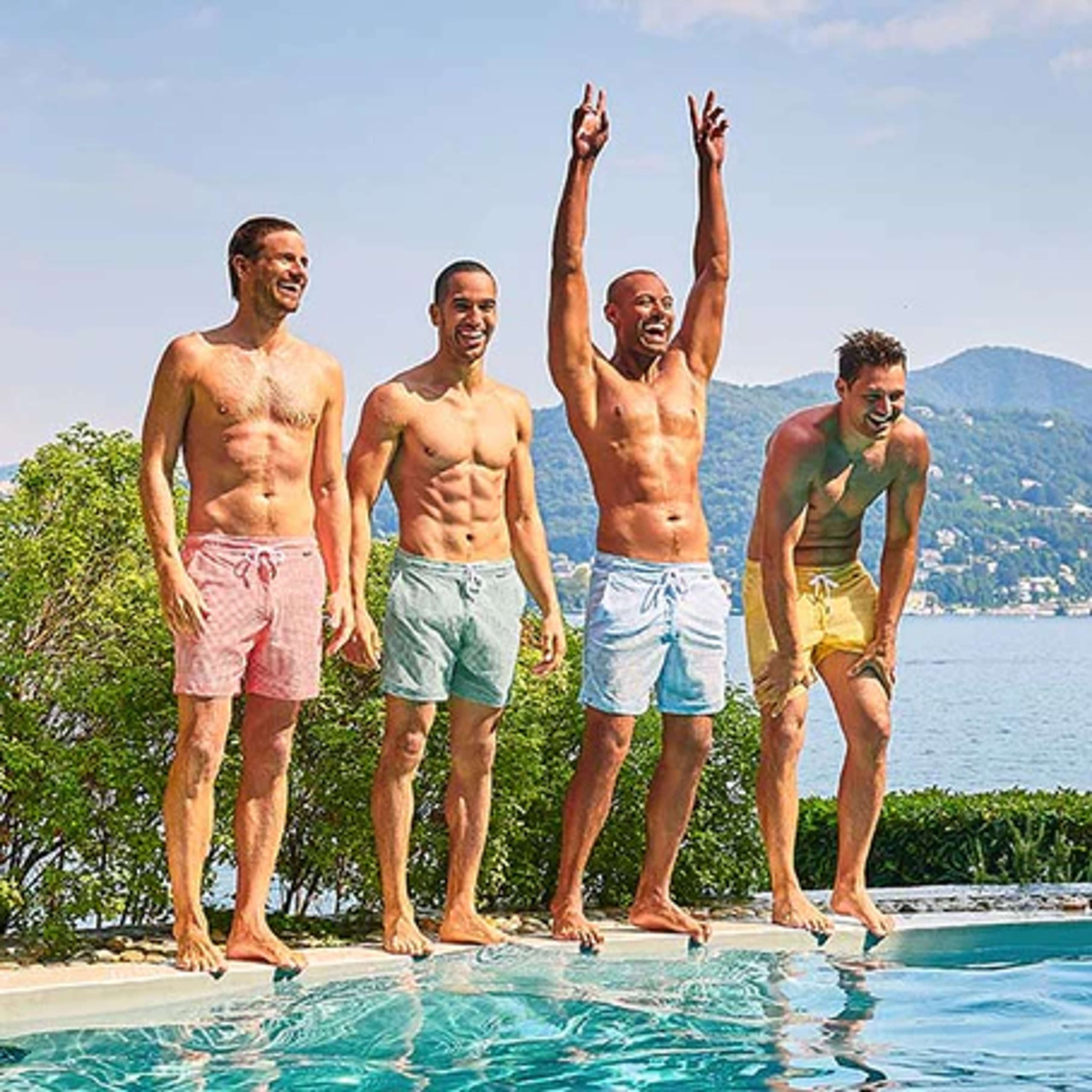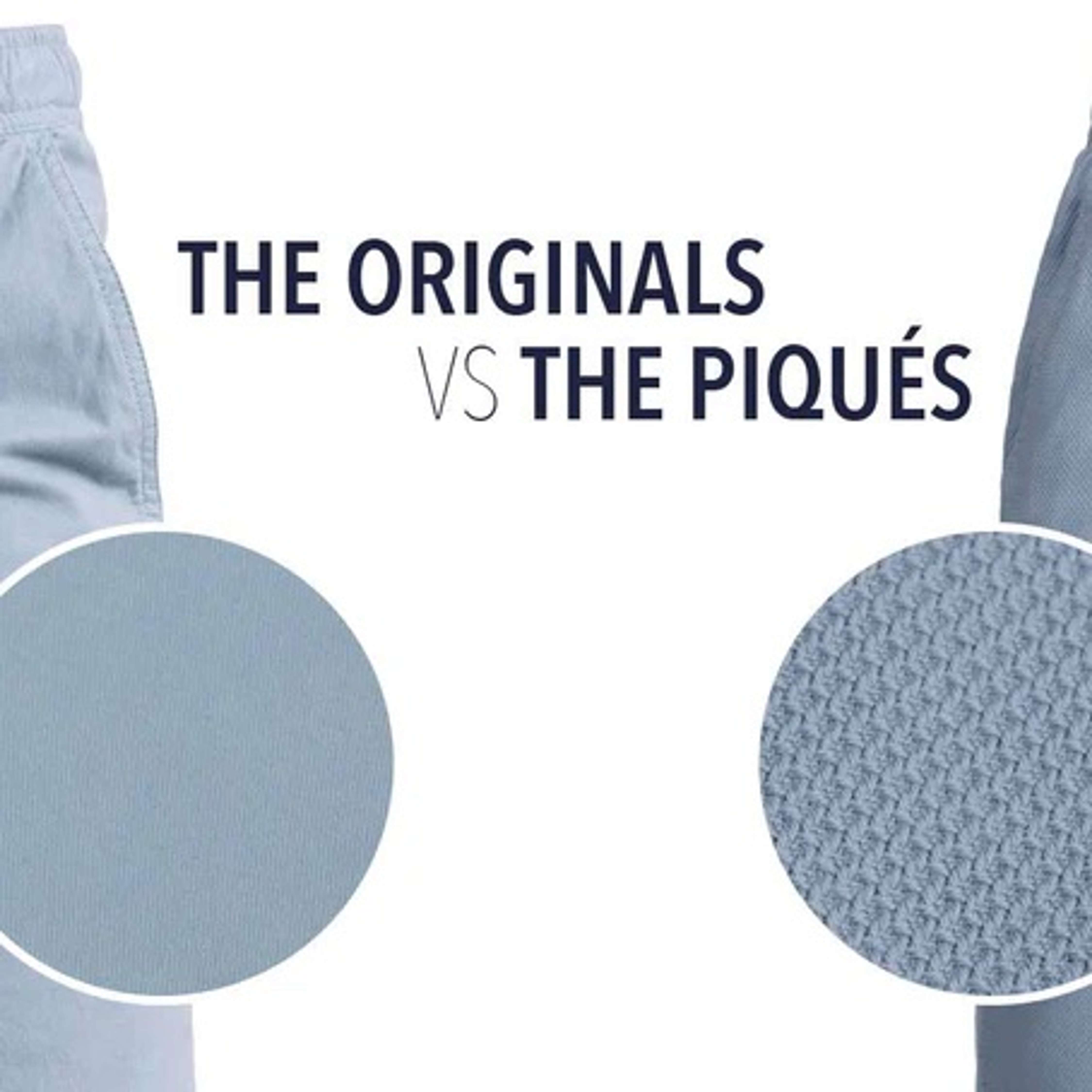Since 2022, we’re working with BCOME to calculate the environmental impact of our products. On our website, you will find the environmental assessment of every product on its specific product page. We use these scores to determine reduction targets and to compensate for our emissions. The assessment scores every item on four variables: Global Warming, Water Scarcity, Eutrophication and Abiotic Depletion. We’ll quickly go through these different concepts and explain how to interpret each of them.
Global warming
This is the total of all greenhouse gases emitted throughout the supply chain, expressed in a CO2 equivalent. This impact area includes other greenhouse gases, like methane, too (e.g. from livestock). The total greenhouse gas emissions are translated into a CO2 equivalent. Note therefore, that the Global Warming score does not show direct CO2 emissions. It also includes other greenhouse gases and therefore gives a higher impact score than you would get when you only measure direct carbon emissions.
Water scarcity
This measures the impact of the water usage for a certain product, on global water scarcity. This impact score is measured by taking the direct water consumption and multiplying it with a factor dependent on the geographical location where the water is consumed. We do this, instead of simply counting direct water consumption, to give a more accurate idea of the actual impact of a product. This means that the score is not representing direct consumption. While a product might need 10 litres of water, the impact on water scarcity can be equivalent to the use of 100 litres of water. Because one litre of water used in a place where it’s much more scarce, means a much higher impact on global water scarcity than that same litre used in a place where water is abundant.
Eutrophication
Maybe a less known issue, but even so important because of its devastating potential, is eutrophication. This is a chain reaction resulting from the use of fertilisers and pesticides. These (chemical) resources protect the crops on the fields and help them grow. But when they trickle down into the earth, they finally end up in lakes, rivers and seas. There, it forms a feeding ground for bacteria such as green algae. The algae thrive under these conditions, which results in an abundance of green algae. As an effect, a thick layer of green pulp forms on the surface, covering it off from sunlight and oxygen, causing organisms underneath to die. In short, the use of fertilisers, pesticides and other chemicals that end up in nature can cause whole ecosystems to break down. We compare these scores with washing cycles, another - more familiar - practice that incurs eutrophication.
Abiotic depletion
This relates to the use of fossil energy sources. Although many of our suppliers are working on installing solar panels and other forms of sustainable power sources, there’s still a considerable amount of energy coming from fossil energy sources. Also the use of synthetic materials, such as polyester and elastane requires abiotics and therefore has an impact on this score.
